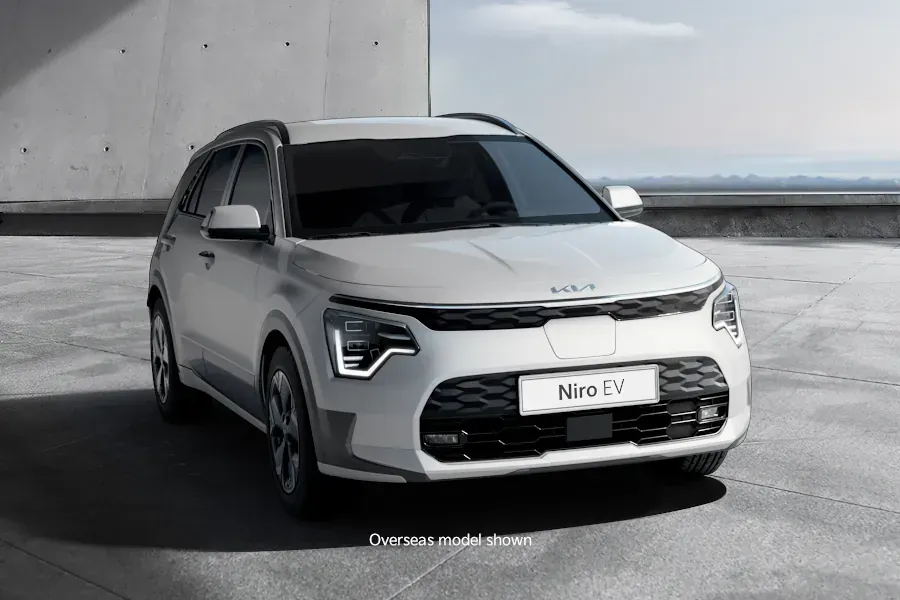In 2023, the automotive world is at a crossroads, with electric vehicles (EVs), hybrids, and traditional gas-powered cars each vying for supremacy on global roads. Recent data from Bloomberg Green reveals that EV sales are projected to hit 14 million units by the end of the year, nearly doubling since 2020. This surge is driven by technological advancements, stricter emissions regulations, and shifting consumer attitudes towards sustainability. But what does this mean for you, the consumer? In this article, we’ll delve into the latest trends defining the future of mobility, explore the pros and cons of each vehicle type, and provide practical tips to help you make an informed decision.
EVs vs. Hybrids vs. Gas Cars: Pros and Cons
Electric Vehicles (EVs)
Pros
- Zero Emissions: EVs produce no tailpipe emissions, making them the most environmentally friendly option.
- Lower Operating Costs: With fewer moving parts, EVs generally require less maintenance than gas cars. Additionally, electricity is cheaper than gas per mile driven.
- Government Incentives: Many countries offer tax credits and rebates for EV purchases. For example, the U.S. offers up to $7,500 in federal tax credits.
Cons
- Charging Infrastructure: Although improving, charging stations are less ubiquitous than gas stations. According to InsideEVs, there are currently about 50,000 public charging stations in the U.S.
- Battery Life and Cost: Batteries can degrade over time, and replacement costs are high. However, advancements in battery technology are gradually reducing these concerns.
Hybrids
Pros
- Fuel Efficiency: Hybrids offer significant fuel savings by combining a gas engine with an electric motor.
- Extended Range: Unlike pure EVs, hybrids can run on gasoline, providing the flexibility of longer trips without frequent stops for charging.
- Lower Emissions: While not as clean as EVs, hybrids emit less CO2 than traditional gas cars.
Cons
- Complexity and Maintenance: The dual powertrain can lead to higher maintenance costs compared to EVs.
- Initial Cost: Hybrids are typically more expensive than gas cars, though they may qualify for some incentives.
Gas Cars
Pros
- Infrastructure: Gas stations are readily available, providing unmatched convenience.
- Lower Upfront Cost: Generally, gas cars have a lower purchase price than EVs and hybrids.
Cons
- High Operating Costs: Gas prices are volatile and can lead to high long-term expenses.
- Environmental Impact: Gas cars are significant contributors to air pollution and greenhouse gas emissions.
2023 Mobility Trends: What You Need to Know
Rise of Battery Technology
Battery technology is advancing rapidly. According to a report from PV Magazine, solid-state batteries could become mainstream by 2025, offering higher energy density and faster charging times. This development is crucial for EVs, potentially addressing one of their major drawbacks: charging time and range anxiety.
Charging Infrastructure Expansion
Governments and companies are investing heavily in charging infrastructure. The U.S. government has committed $5 billion to build a nationwide network of 500,000 EV chargers by 2030. This expansion is crucial in making EVs a more viable option for everyday consumers.
Shift in Consumer Preferences
A survey by Reuters Mobility indicates that 60% of potential car buyers in 2023 are considering an EV or hybrid for their next purchase. This shift is fueled by increasing environmental awareness and the desire for cutting-edge technology.
Automaker Commitments
Major automakers are pledging to go electric. For instance, Volkswagen plans to invest $180 billion in EV development over the next five years. Similarly, Ford EV aims to produce 2 million EVs annually by 2026.
Practical Tips for Choosing Your Next Vehicle
- Assess Your Driving Needs: Consider your daily commute and typical driving range. If you often take long road trips, a hybrid might be more practical than a pure EV.
-
Calculate Total Cost of Ownership: Factor in purchase price, fuel or electricity costs, maintenance, and potential incentives.
-
Check Local Incentives: Explore government incentives, rebates, and tax credits for EVs and hybrids in your region.
-
Test Drive Different Models: Experience the driving dynamics and features of EVs, hybrids, and gas cars to see which best suits your preferences.
-
Consider Future Resale Value: EVs and hybrids may hold their value better due to increasing demand and stricter emissions standards.
Conclusion: The Road Ahead
As we navigate the future of mobility, the choice between EVs, hybrids, and gas cars will become increasingly significant. Each option has its unique benefits and challenges, but the overarching trend is clear: the world is moving towards more sustainable transport solutions. Whether you’re an early adopter of EV technology or prefer the familiarity of gas cars, it’s essential to stay informed and consider the long-term impacts of your decision. So, which path will you choose for your next vehicle? Share your thoughts in the comments below and join the conversation about the future of mobility.
Looking ahead, the automotive industry is poised for exciting changes, with innovations in battery technology and charging infrastructure paving the way for a cleaner, greener future. Stay tuned to see how these trends unfold and shape the way we drive.

